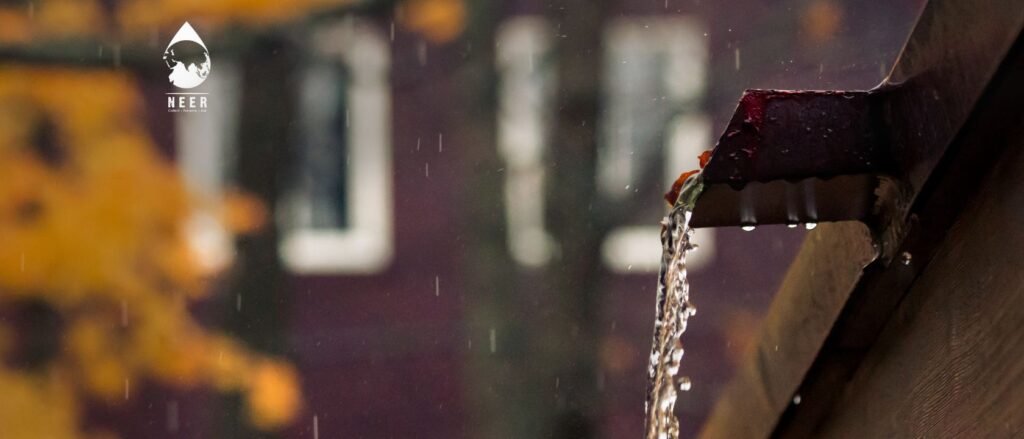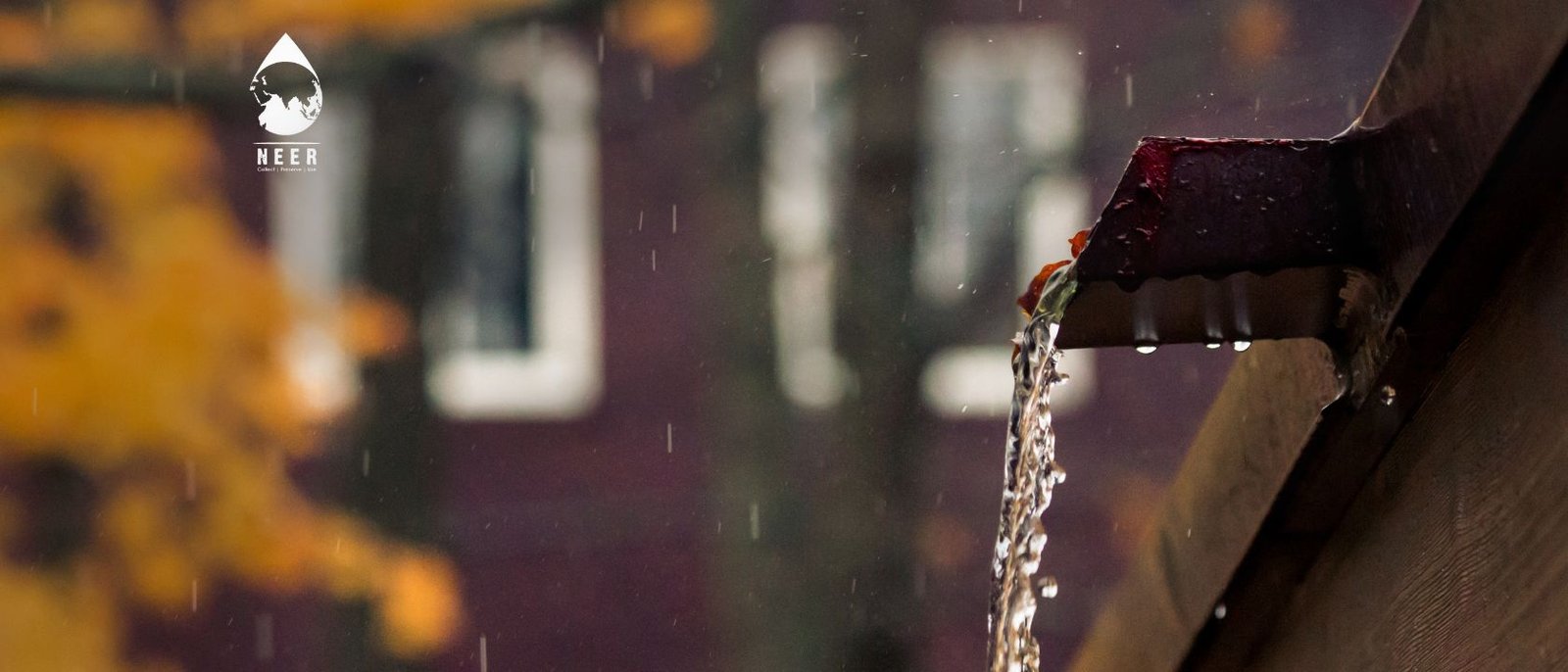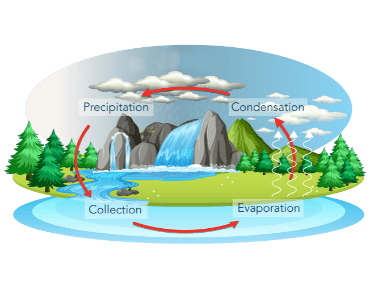
Creative Rainwater Harvesting Solutions for Every Home
This is an excellent method for reducing your water expenses and enhancing the sustainability of your home. Every house can benefit from inventive rainwater collection ideas regardless of size—big garden, small balcony, or just backyard. Gathering and reusing rainwater helps you to reduce your environmental impact and guarantee that you have another water source for different domestic purposes. These creative rainwater collection concepts should get you going.
1. Install ornamental rain barrels.
Unboring rain barrels are one of the simplest methods for collecting rain. Ornamental rain barrels that fit perfectly outside your house are easy to install. Match your outdoor décor by selecting barrels with pleasing themes or painting them yourself. Under downspouts, gather rainwater for cleaning exterior surfaces, watering plants, or car washing.
2. Replace downspouts with rain chains.
Rain chains are a beautiful and useful substitute for conventional downspouts. These chains visually appealingly direct rainwater from the roof to the ground or into a collecting container. From basic chains to elaborate cups, they add a little beauty to your home and allow you to collect rainwater for later use.
3. Create a Rain Garden.
A shallow, planted basin, known as a rain garden, collects and absorbs rainfall from rooftops, roadways, and other surfaces. Rainwater directed into a rain garden helps to reduce run-off, stop erosion, and create a lovely, low-maintenance landscape feature. To guarantee your rain garden is both useful and appealing, use native plants that flourish in damp environments.
4. establish a green roof.
A green roof, also referred to as a living roof, features vegetation covering some or all of its surface. Green rooftops insulate your house, reduce runoff, and collect rain. Although building a green roof is a bigger effort, it’s a creative approach to gather rainwater and provide your house with an original, environmentally friendly addition. In metropolitan environments with limited ground space, they especially help.

5. Create a permeable driveway.
While a permeable driveway allows rainwater to sink into the earth, traditional driveways can help to cause rainwater runoff. Build a driveway that gathers rainfall and lets it permeate the ground using gravel, permeable pavers, or porous concrete. This lessens the load on stormwater systems and helps replace supplies of groundwater.
6. Install rainwater collectors in.
Rainwater planters provide a growing area for plants, as well as a place to gather and filter rainwater. These planters, designed to collect runoff from rooftops or other surfaces, filter the water via soil and plant roots, so it might either overflow into a garden or sink into the ground. Rainwater planters are an excellent way to combine gardening and rainwater collection in small spaces.
7. Use a drip irrigation system with collected rainfall.
Should you have a garden, a drip irrigation system can effectively water your plants using collected rainfall. Drip irrigation minimizes water waste by delivering water straight to the plant roots, therefore lowering evaporation. To retain water while keeping your landscape lush and healthy, link your rain barrel or storage tank to a drip irrigation system.
8. Install a cistern for large harvests.
Installing a cistern is an excellent method for large-scale rainwater collection, ideal for individuals with larger spaces or higher water requirements. To gather large volumes of rainwater, you might set cisterns either above or below ground. You can use this water for various purposes such as laundry, toilet flushing, and irrigation. For houses with plenty of landscaping or multiple water usages, cisterns are perfect since they offer a significant water supply.
9. In nine steps, install a garden water fountain.
Incorporate a small pond or water fountain into your rainwater collection system to transform it into a garden focal point. You can design these elements to collect rainwater and recycle it within the system, thereby enhancing the sustainability and aesthetic appeal of your outdoor space. A rainwater-fed water feature, in addition to water conservation, enhances the appeal of your landscape.
10. Use rainwater inside for
Harvested rainwater can serve a variety of indoor needs with the right filtration and treatment. Install a rainwater collection system with a filtration unit to provide water for non-potable uses such as floor cleaning, laundry, or toilet flushing. Using rainwater indoors lessens your need for purified municipal water, lowering your environmental impact.
In summary
Whatever the size or location of your house, there are many imaginative ways to collect rainwater. From basic rain buckets and rain chains to more complex systems like green roofs and cisterns, rainwater collection provides a useful and attractive means of water conservation. Your house will be more environmentally friendly, your water bills will be lower, and you will help to create a sustainable future by using these suggestions.
ABOUT NEER
NEER has been established as an Independent Ground Water Management Consultancy Organization with the full support of the Senior Hydro-geologist of the country Mr. M. MEHTA, Ex-Commissioner Ground Water, Ministry of Water Resources, Government of India.
NEER is an Accredited Consultant by the Central Ground Water Authority (CGWA) for the preparation of Ground Water withdrawal Impact Assessment report in accordance with the Guidelines issued vide notification No. 3289(E) dt: 24th September 2020 by CGWA duly followed by other States. NEER is also empaneled, registered and notified Consultant for Rainwater Harvesting designing and implementation by the U.P. government.
AIMS AND OBJECTIVES:
NEER has joined in this endeavor to provide clean water to masses around the year, propagating for conservation and preservation of water including Rainwater Harvesting and Artificial Recharge to groundwater. This is being a part of the water management process to fulfill the dreams of NEER, “Water should be Conserved and Wastage Prevented” and “Everybody should get the needed water being the crux of Life”.
NEER EXPERIENCE:
NEER is working in the field of groundwater management, intending to provide robust consultancy services to Government Departments, Firms, Companies – Private and Public Sector, Institutions, on the Assessment and Management of Water, Environment, and Pollution Control.) Industries, Infrastructures and Mining Projects to meet their water supply requirements as per existing protocols. It also aims at capacity building of stakeholders in Groundwater Investigations and its Management.
We work on NO-COMPROMISE POLICY. Our team members have conducted studies on Environment and Water Management throughout the country and abroad.
NEER has already executed many applied Research and Implementation Projects. Timeliness and Client satisfaction are the essences of this organization’s consultancy philosophy.
NEER APPROACH:
NEER has multi-disciplinary human resources for providing on-site solutions for all groundwater problems. It includes training on Groundwater issues through a well-developed curriculum by Scientists and Trainers.
The Research and Consultancy assignments are being carried out by experts in different fields with long and wide-ranging experience. NEER is also drawing on the expertise in relevant subject matters from the experts of Academic and Research Institutions of National and International repute. Follow us on Facebook & Instagram.


